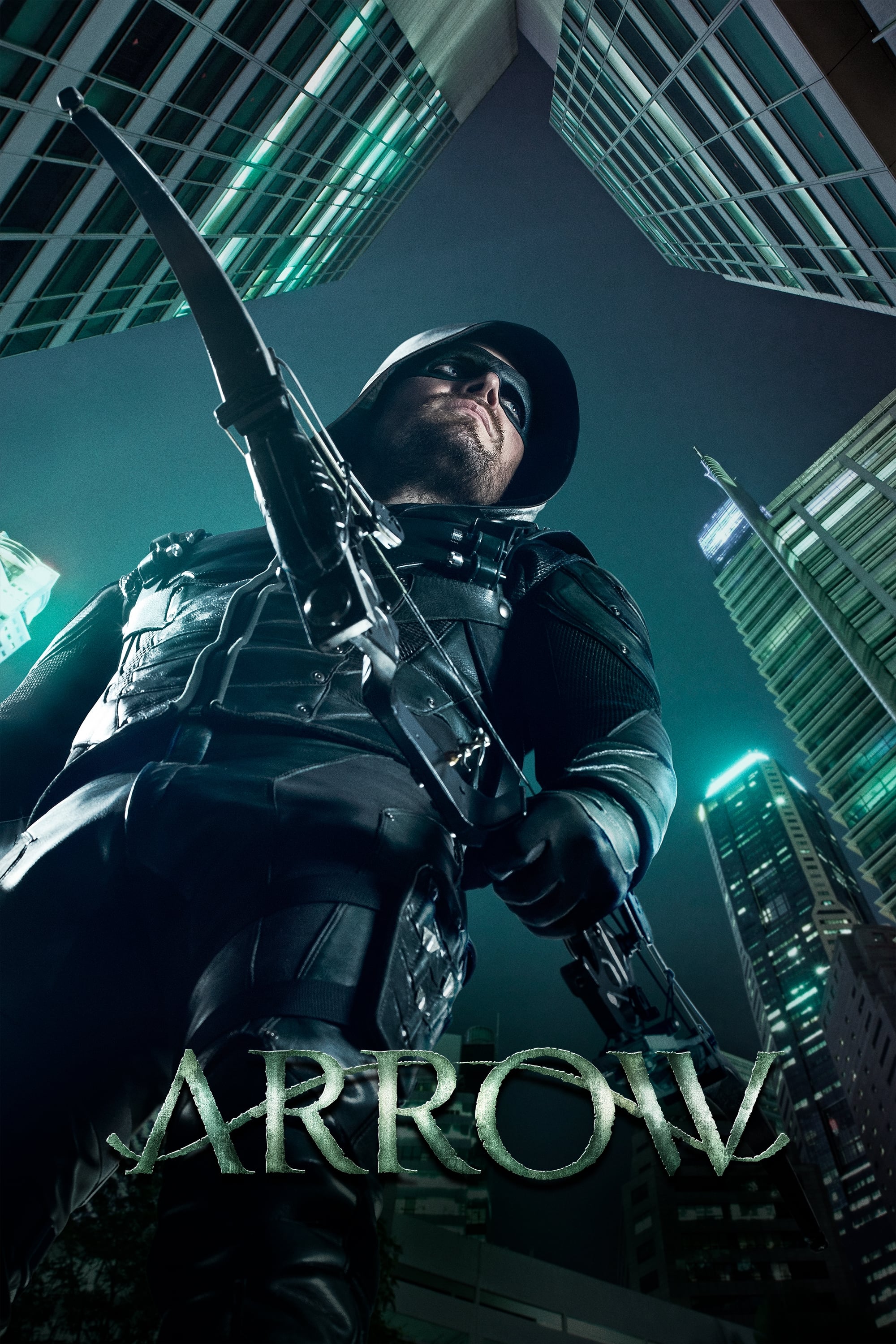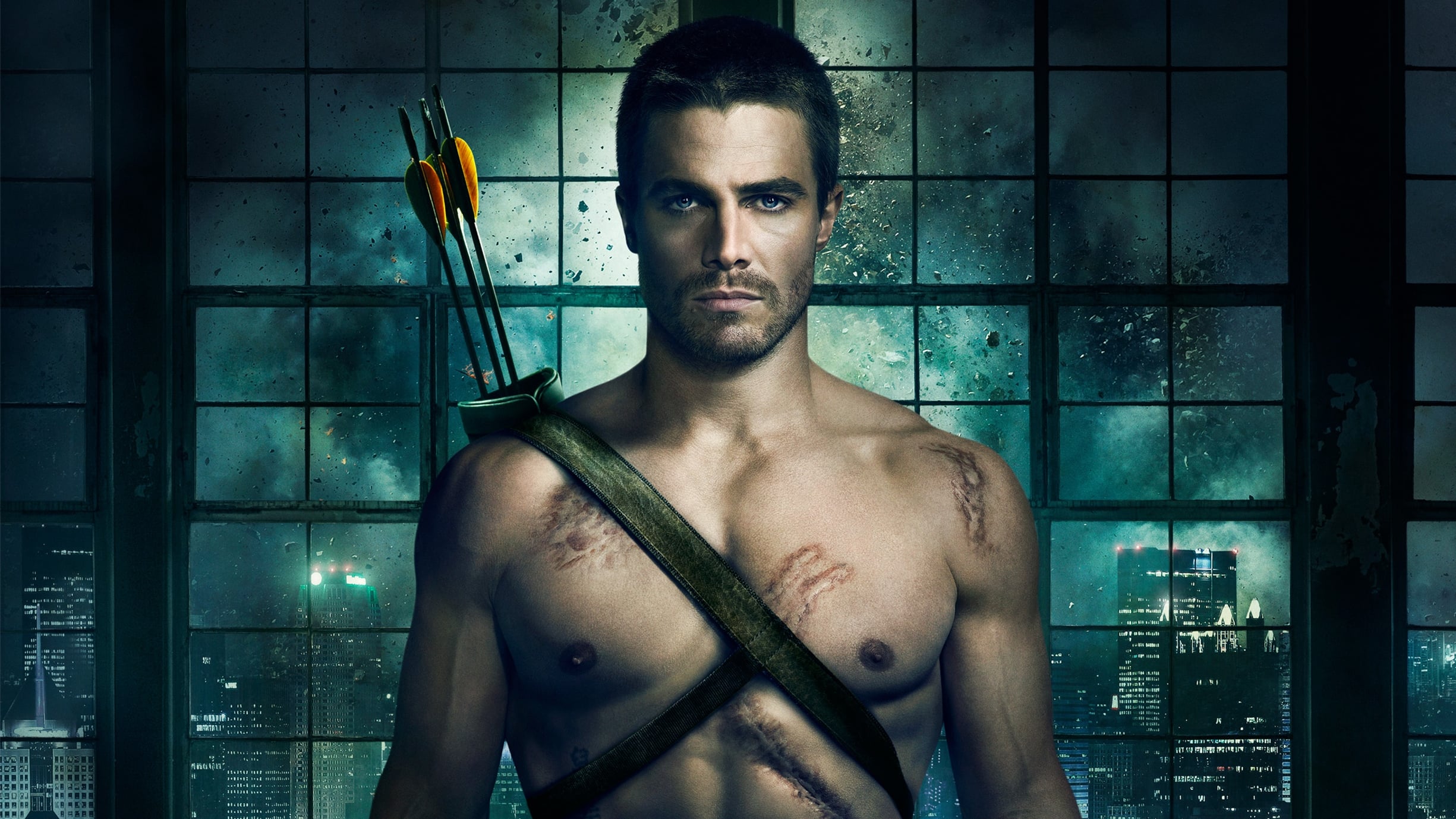Arrow: More Than Just a Superhero Show – A Deep Dive into Identity, Legacy, and Redemption
Arrow, the CW's flagship superhero series that launched a shared universe, isn't just a superhero show; it's a complex tapestry woven with threads of revenge, morality, and the agonizing weight of legacy. While initially lauded for its gritty realism and departure from the brighter, more fantastical superhero narratives of the time, Arrow's true strength lies in its nuanced exploration of its protagonist, Oliver Queen, and the ever-shifting landscape of his moral compass. This isn't a simple good versus evil story; it's a character study shrouded in arrows and explosions.
Beyond the Hood: A Delicate Balancing Act
The initial seasons of Arrow thrived on Oliver's brutal efficiency as the vigilante, a far cry from the more jovial superheroes dominating the landscape. His relentless pursuit of justice, fueled by the trauma of his island ordeal and the loss of his loved ones, captivated audiences. But what truly set Arrow apart was its willingness to explore the ethical gray areas inherent in vigilantism. Oliver's methods, though justified in his own mind, often crossed the line, forcing him to grapple with the consequences of his actions and the blurring lines between hero and anti-hero. This internal conflict, this constant questioning of his methods, is what made him such a compelling and relatable character, despite his extraordinary circumstances.
The Evolution of a Hero (and Villain):
One of the show's most compelling aspects is the evolution of its characters, particularly Oliver himself. He starts as a brooding, self-righteous vigilante, slowly learning the importance of compassion, forgiveness, and teamwork. This isn't a linear progression; he stumbles, he fails, and he sometimes even regresses. Witnessing this internal struggle, this constant negotiation between his desire for vengeance and his growing understanding of responsibility, is what elevates Arrow beyond a simple action show. This is especially true in the later seasons where the show delves into the complexities of leadership and the burden of carrying the mantle of a hero.
More Than Just a Fight: The Supporting Cast and their Impact
Arrow's success wasn't solely reliant on its titular character. The show boasted a compelling supporting cast, each with their own intricate storylines and character arcs. From the unwavering loyalty of Diggle to the complex relationship between Oliver and Felicity, the supporting characters provided depth and emotional resonance that enriched the overall narrative. Their individual struggles, often intertwined with Oliver's, contributed to the show's emotional core, making the stakes feel genuinely high and the victories truly earned.
The Legacy of Arrow: A Defining Moment in Superhero Television
Arrow's impact on the television landscape can't be overstated. It paved the way for a wave of darker, more grounded superhero shows, demonstrating that these characters could exist in a world filled with nuanced morality and complex consequences. While the later seasons may have deviated from the show's initial premise, the foundation laid in the early seasons remains a testament to the power of character-driven storytelling within the superhero genre. Ultimately, Arrow's legacy isn't just about the arrows, the fights, or the dramatic twists; it's about the exploration of identity, legacy, and the arduous journey towards redemption. It's a show that dared to ask tough questions and, for a significant portion of its run, offered compelling answers.


